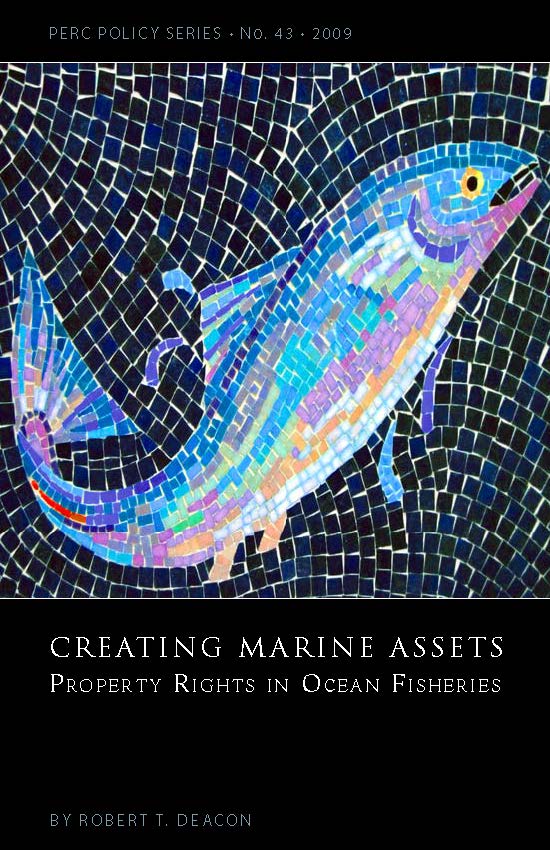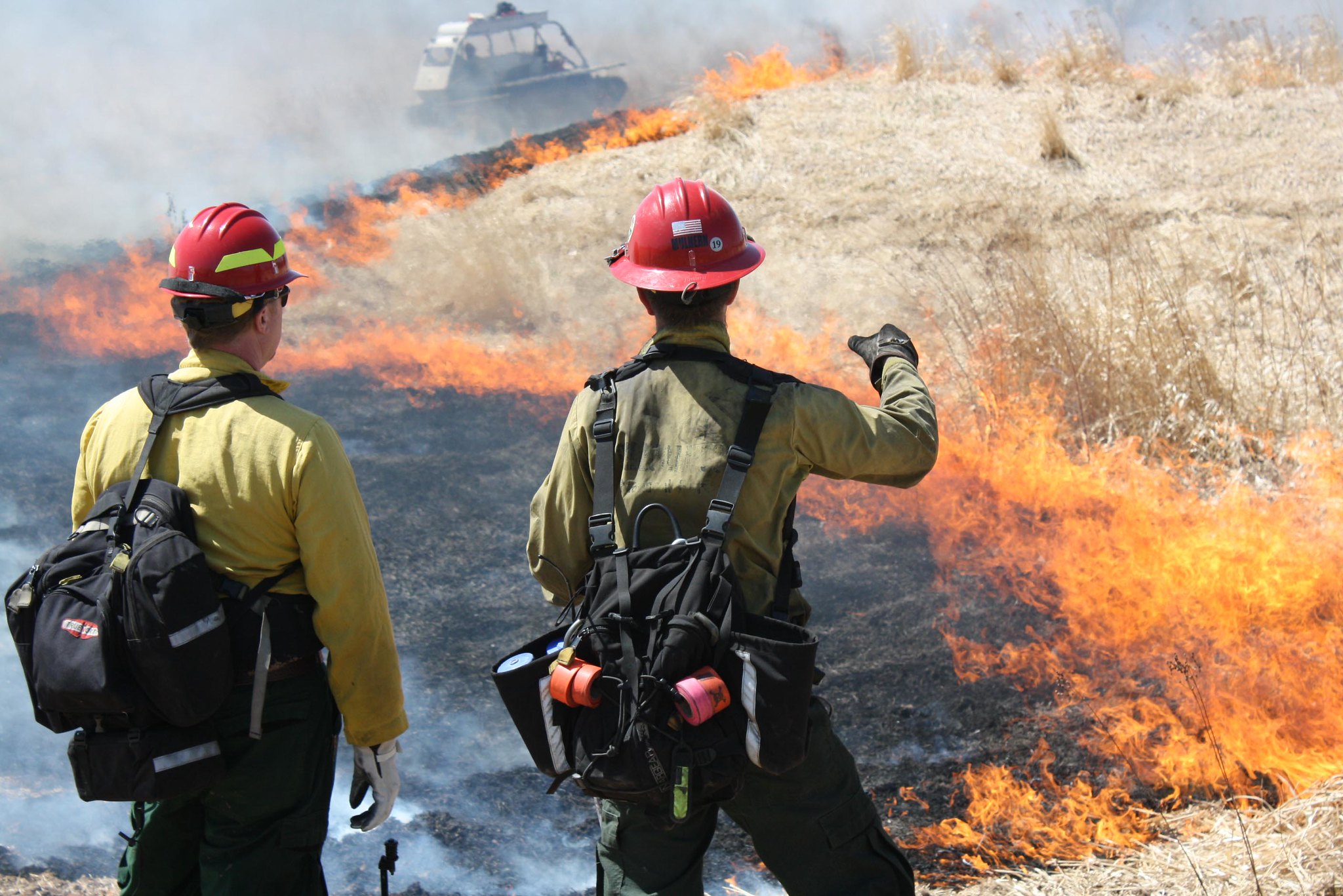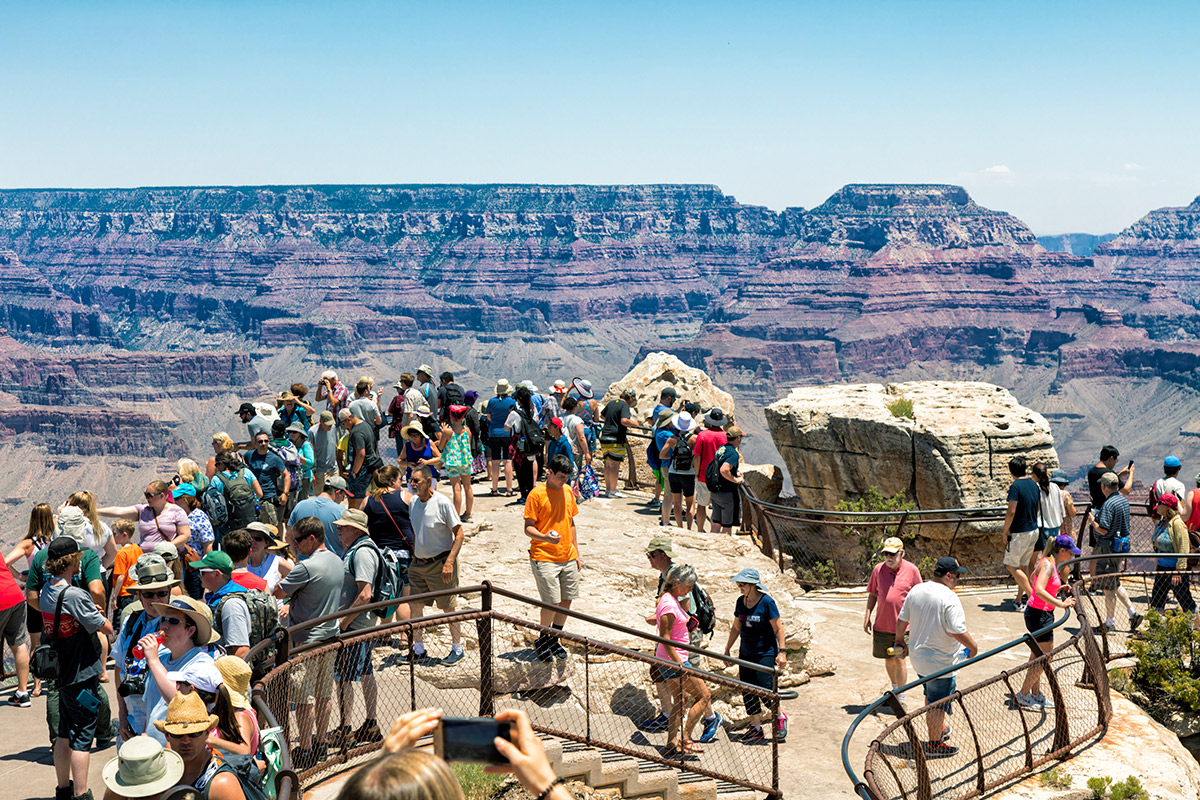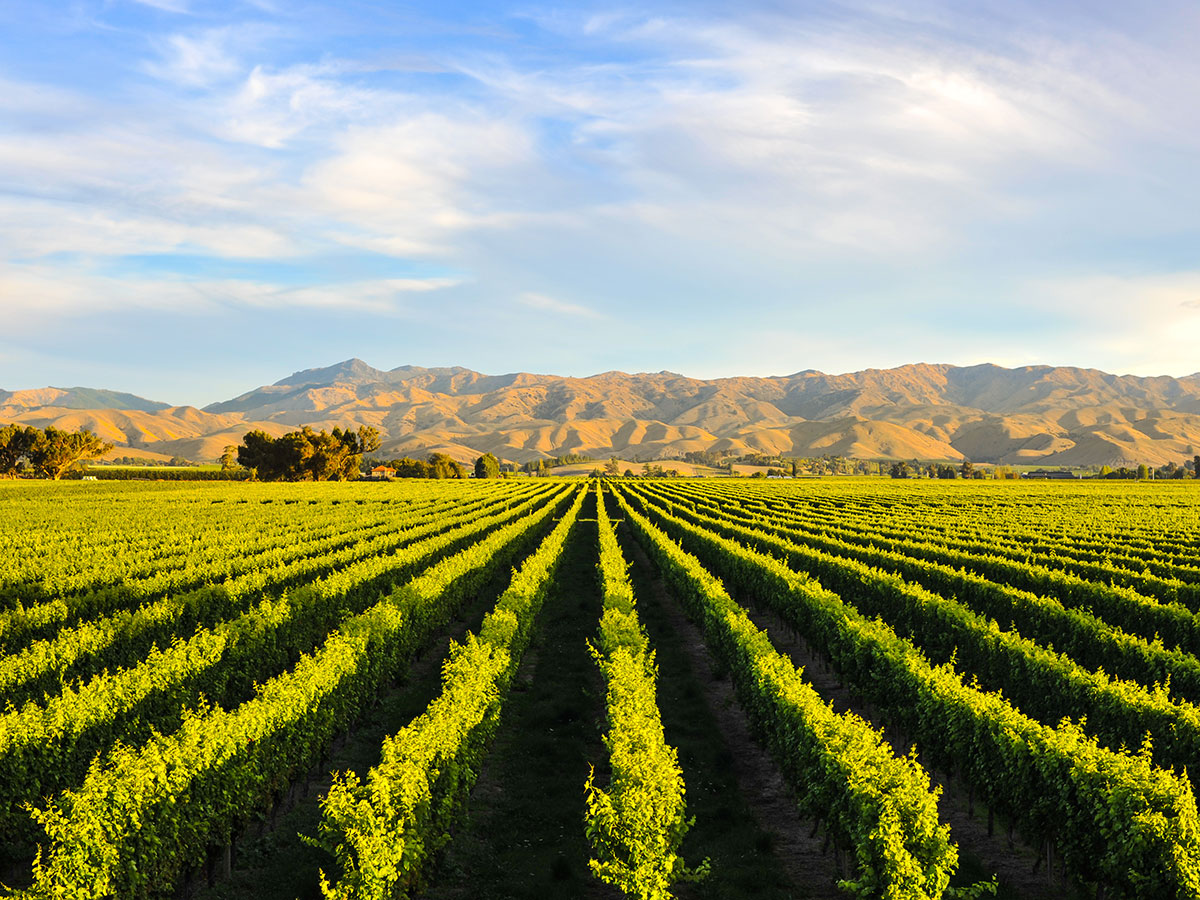DOWNLOAD THE FULL REPORT
A thousand years ago, Mark Krulansky reports in his book Cod, Basque fishermen were engaged in international fishing. And they were not the first to exploit the cod stocks off the coasts of Greenland and Canada; the Vikings had been involved in the race to fish before that.
Regardless of their diligence, the Basques, with their small boats, had little impact on fish stocks. But modern technology—floating fish factories—allows the first to find a school of fish the chance to vacuum the ocean. Decades of exploitation of fish and other marine life has caused the collapse of some fisheries.
To prevent destruction of sustainable stocks of marine life, there must be limits on the thousands of boats vying for the harvest. Governments have imposed a host of regulations. Such controls have had little or no success. The race has often become one of ever-fancier technology that lets the swiftest capture the fish. The race is wasteful and the results are hazardous to the environment and those involved in the catch.
In this PERC Policy Series, Robert Deacon considers how economic incentives can solve this problem. Marine life can become an asset to be nourished over time, not consumed in a wasteful race. Deacon draws on a large literature on the subject, but focuses on a novel management experiment in Alaska and one developing off along the California coast. He makes the case that economic theory can provide guidance for getting people who fish for a livelihood to agree on how best to protect fish stocks and reduce environmental damage.
reviews
Robert T. Deacon provides an intriguing examination of new approaches in rights-based programs where cooperation yields greater economic benefits and better achieves conservation goals. By highlighting the experience with the Alaskan Chignik Cooperative, the author insightfully demonstrates the threats that can arise when part of an industry is rationalized while a large number of participants operate under open-access management. A must read for fishery managers, researchers, and the conservation community.
— Vishwanie Maharaj
Senior Economist, World Wildlife Fund
Creating Marine Assets is a welcome addition to the scholarship emphasizing the connection between economic outcomes and property law. Professor Deacon discusses two cases in which fisheries stakeholders spontaneously craft new institutional arrangements that resolve problems associated with conventional management. The Chignik salmon experiment demonstrates the promise of harvester cooperatives in coordinating efforts to eliminate the race to fish. The Morro Bay groundfish case shows how conservationists can alter fishing practices to reduce environmental degradation by purchasing limited entry permits. Deacon astutely observes that the success is predicated on harvest rights that are exclusive enough to motivate rights holders to take actions that increase their value.
— Jim Wilen
Professor of Agricultural and Resource Economics, University of California, Davis



